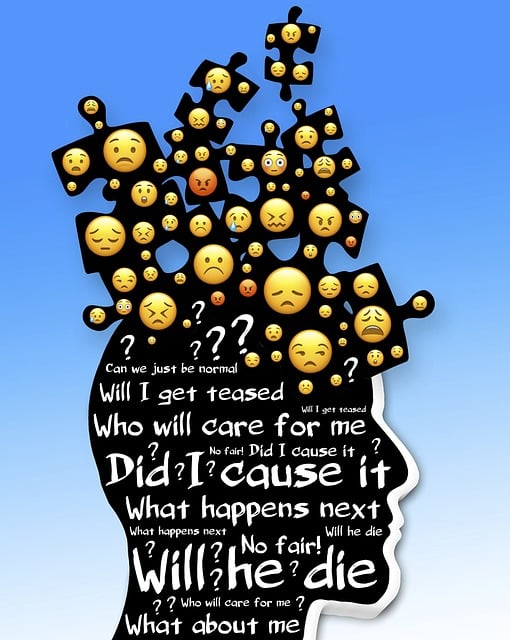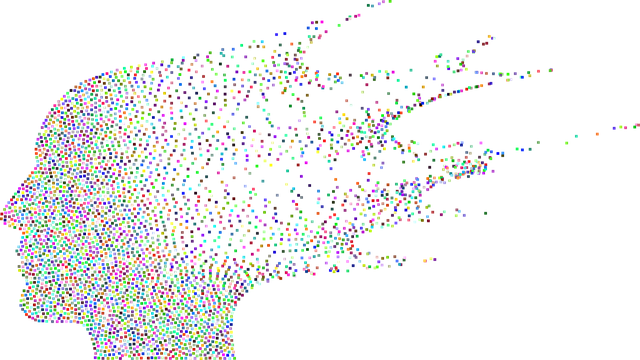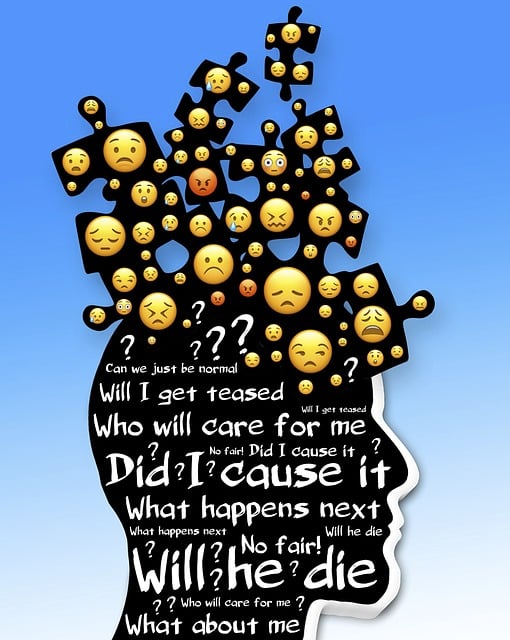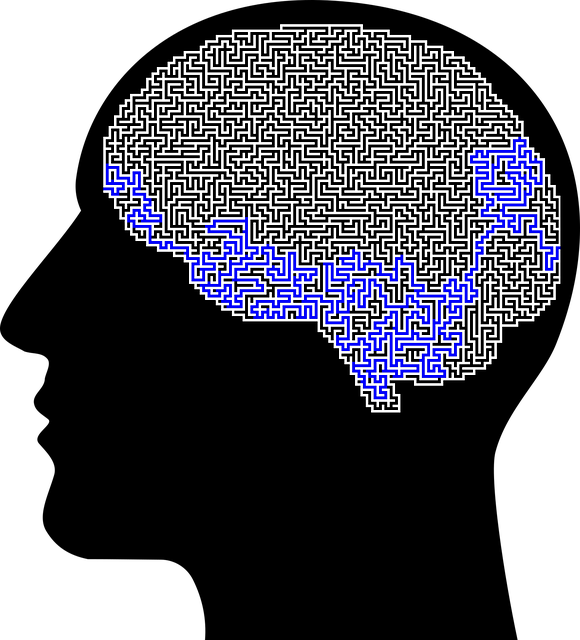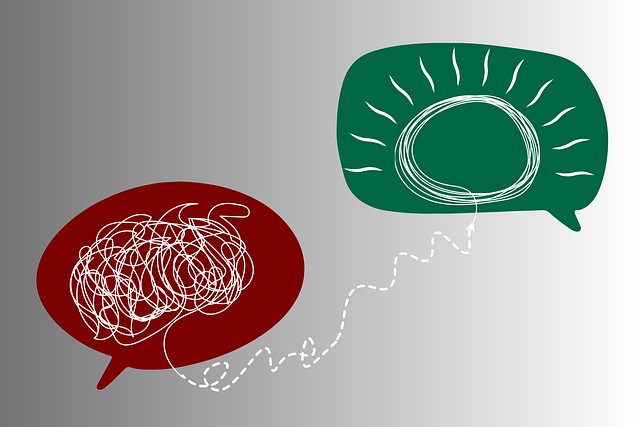Understanding the "Lone Tree" metaphor reveals a key target audience for mental wellness apps: individuals who value solitude but struggle with social connections. To cater to this niche, app developers offer digital platforms balancing personal growth and subtle social interactions, fostering belonging. Lone Tree Interpersonal Issues Therapy stands out by integrating strategies like Risk Management Planning and empathy-building features, differentiating itself from competitors and attracting a loyal user base appreciative of its unique approach. Content marketing, leveraging keywords like "Lone Tree Interpersonal Issues Therapy," and strategic partnerships on social media enhance app visibility and credibility, reaching users seeking mental wellness solutions.
In today’s digital age, mental wellness apps are a powerful tool for reaching those facing Lone Tree interpersonal issues. This article explores a comprehensive marketing strategy development for such apps, focusing on understanding the unique needs of this target audience. We’ll delve into positioning your app in a competitive market, crafting content that sparks awareness and engagement, and leveraging effective distribution channels. By combining these tactics, you can ensure your Lone Tree therapy options reach the right users at the right time.
- Understanding Target Audience: Identifying Lone Tree Users' Interpersonal Needs
- Positioning the App: Differentiating Therapy Options in a Competitive Market
- Content Marketing Strategies for Mental Wellness Awareness and Engagement
- Effective Channel Distribution: Reaching the Right Users at the Right Time
Understanding Target Audience: Identifying Lone Tree Users' Interpersonal Needs

Understanding your target audience is a pivotal step in crafting an effective marketing strategy for mental wellness apps. Among users who may be inclined to seek solitary experiences, like those engaging with a “Lone Tree” metaphorically, identifying their interpersonal needs is key. These individuals often struggle with social connections and community building, which can significantly impact their mental health and well-being. They might benefit from digital platforms that offer both personal growth opportunities and subtle social interactions to foster a sense of belonging.
By recognizing the “Lone Tree” users’ desire for connection without overwhelming them, app developers can create features that encourage community engagement in their own terms. This could include private messaging systems, anonymous forums, or group discussions focused on specific topics relevant to their interpersonal issues and mental wellness. Incorporating these strategies alongside promoting inner strength development and ensuring healthcare provider cultural competency training can make the app a valuable tool for addressing Lone Tree users’ unique needs.
Positioning the App: Differentiating Therapy Options in a Competitive Market

In today’s digital age, mental wellness apps are sprouting up like lonely trees in a dense forest, each vying for attention amidst a crowded market. To stand out, an app like Lone Tree Interpersonal Issues Therapy needs to carve its unique niche. Differentiation isn’t just about showcasing features; it’s about communicating the app’s essence and value. Positioning itself as more than just another therapy option, the app could emphasize its ability to foster deeper connections and empathy between users and therapists, a quality often overlooked in its competitors.
By integrating strategies like Risk Management Planning for Mental Health Professionals, the app demonstrates its commitment to both user safety and emotional well-being promotion. Additionally, through interactive features that encourage empathy building, Lone Tree Interpersonal Issues Therapy can captivate users seeking meaningful interactions and genuine support. These approaches not only set the app apart but also create a loyal user base appreciative of its distinctive focus on interpersonal connections in mental wellness journeys.
Content Marketing Strategies for Mental Wellness Awareness and Engagement

In today’s digital age, content marketing is a powerful tool to raise mental wellness awareness and engage users seeking support. One effective strategy involves sharing relatable stories and experiences through blogs, vlogs, or podcasts, normalizing conversations about interpersonal issues therapy and mental health in general. For instance, sharing personal journeys of overcoming loneliness or navigating social skills training can resonate deeply with audiences facing similar challenges. This approach not only educates but also fosters a sense of community, reducing the stigma associated with mental illness.
Integrating keywords like “Lone Tree Interpersonal Issues Therapy” strategically within this content ensures search engine visibility while providing valuable information. Additionally, focusing on mental wellness promotion and leveraging social media platforms can amplify these efforts. By consistently delivering informative and engaging content, organizations can build trust and attract users seeking support for their mental health journeys, ultimately encouraging them to explore solutions like Lone Tree Interpersonal Issues Therapy.
Effective Channel Distribution: Reaching the Right Users at the Right Time

Reaching the right users at the right time is paramount for an effective mental wellness app marketing strategy. Channel distribution plays a crucial role in ensuring your application, be it focused on Lone Tree interpersonal issues therapy or broader emotional healing processes, finds its intended audience. Utilizing a multi-faceted approach that includes both traditional and digital platforms can maximize visibility and engagement. For instance, leveraging social media networks allows you to target specific demographics based on their interests and behaviors, making it possible to reach individuals grappling with depression prevention or seeking Mind Over Matter principles.
Additionally, partnerships with mental health organizations, therapists, and influencers can significantly amplify your app’s reach. These collaborations not only lend credibility but also help in navigating complex digital landscapes, ensuring that the right users—those actively looking for solutions to their emotional healing processes—discover and download your application.
Developing an effective marketing strategy for a mental wellness app requires a nuanced approach that understands the unique interpersonal needs of its target audience, in this case, “Lone Tree” users grappling with various therapy options. By leveraging content marketing strategies to raise awareness and foster engagement, along with strategic channel distribution, the app can reach the right users at critical moments. Through differentiating itself in a competitive market, the app positions itself as a reliable resource for addressing Lone Tree interpersonal issues, ultimately enhancing mental wellness outcomes.

